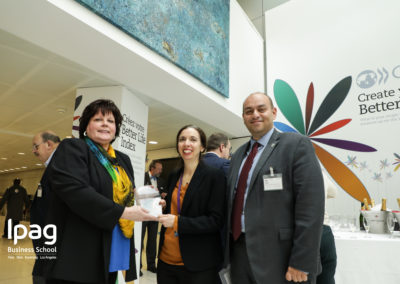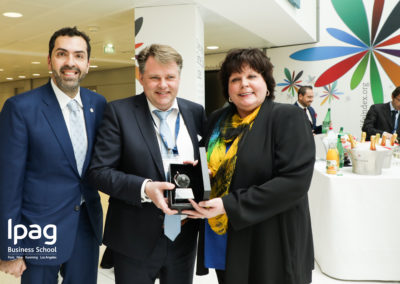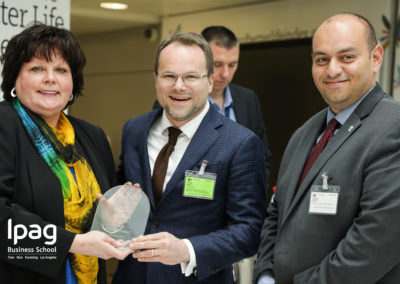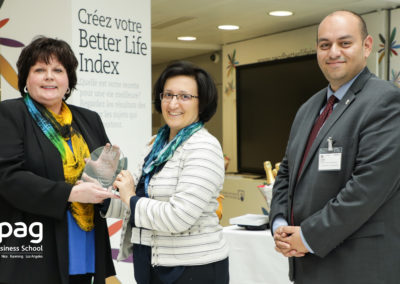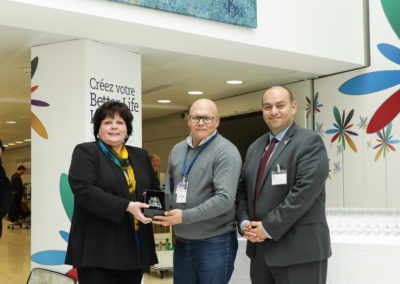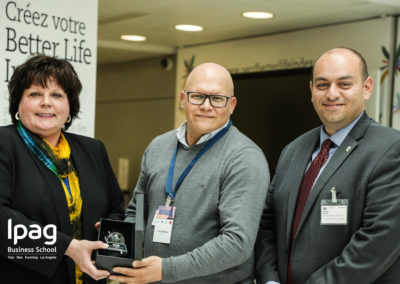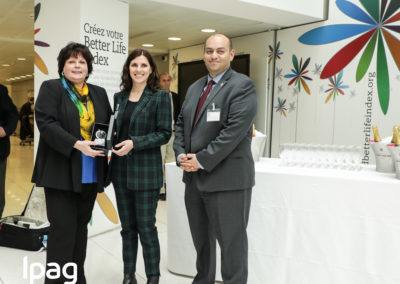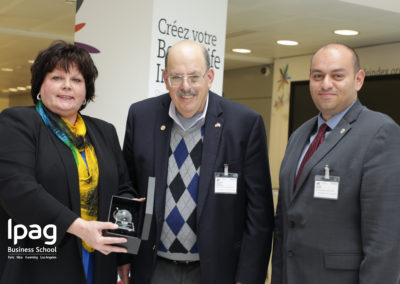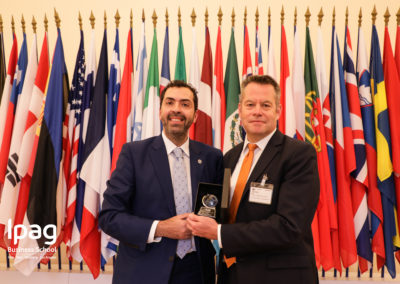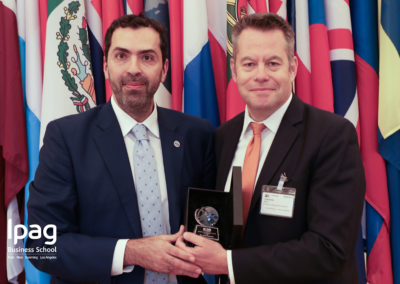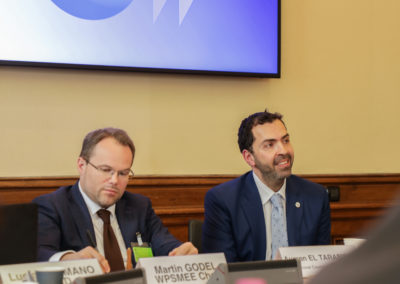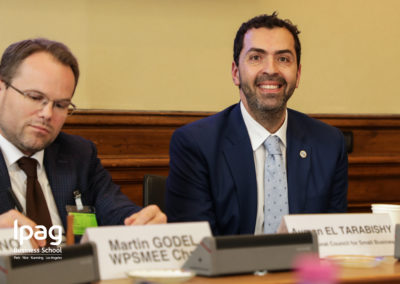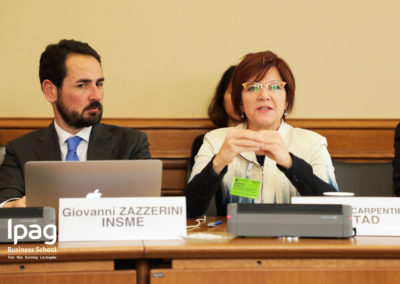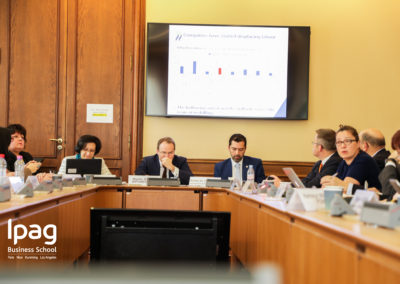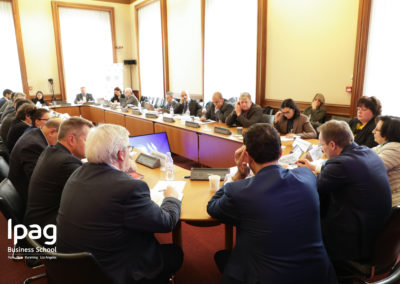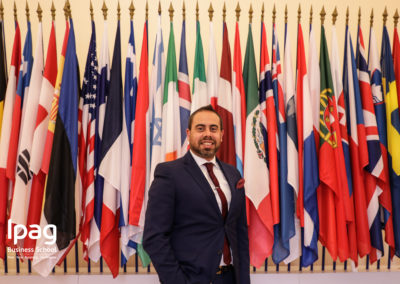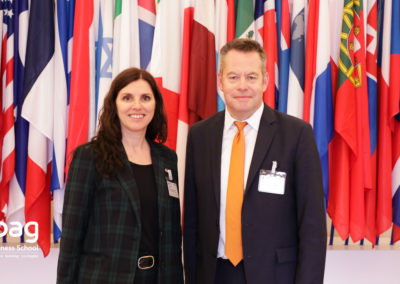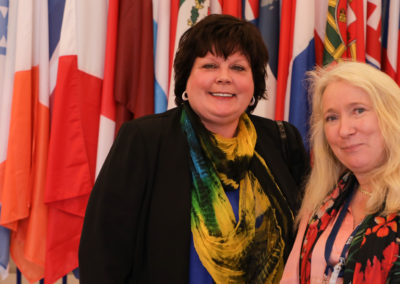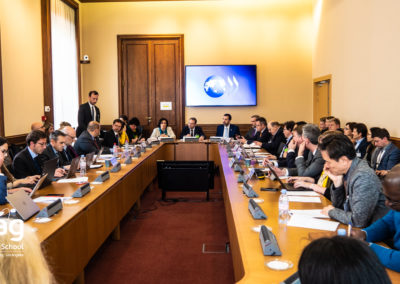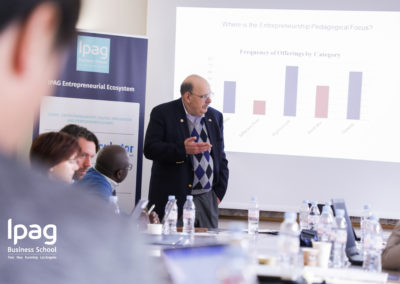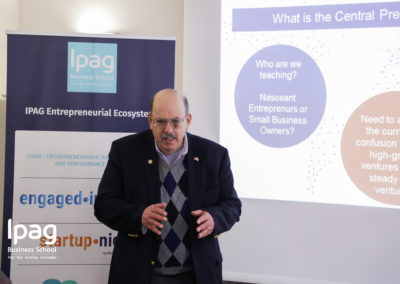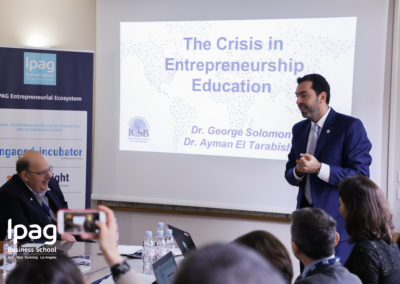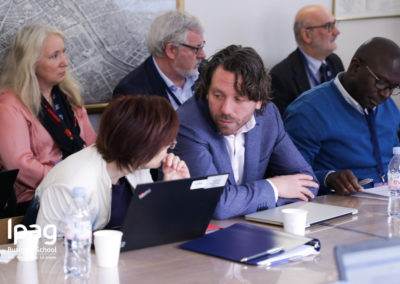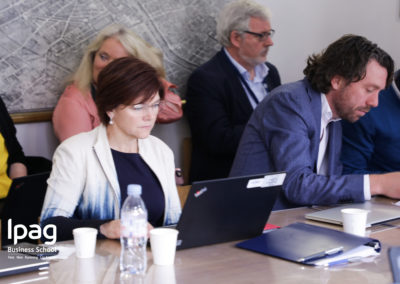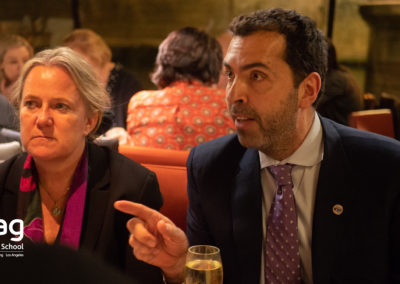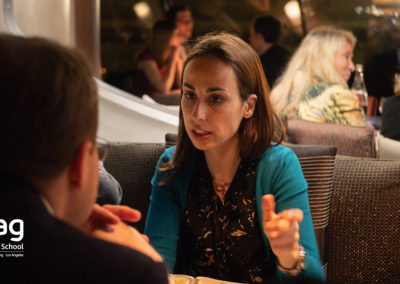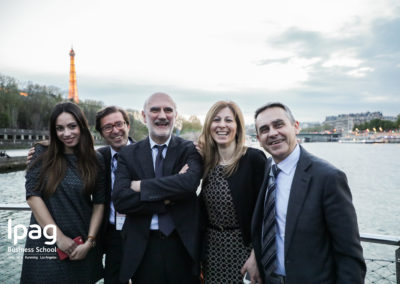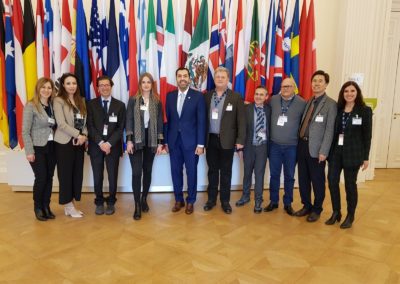ICSB, IPAG, ESSCA, and OECD Come Together in Paris, France
April 16, 2019
On Monday, April 8 and Tuesday, April 9, ICSB, IPAG, ESSCA, and OCED joined together for a unique discussion on “The Future of Entrepreneurship: Policy & Practice”. This two-day conference in Paris brought together global experts for a timely discussion on what is the future of entrepreneurship and what research has shown to advocate for effective policy. The ICSB President, Dr. Geralyn McClure Franklin, opened this historical meeting by recognizing the key stakeholders attending the event.
ICSB recognizes that Entrepreneurship is not a one-size fit all policy or viewpoint. To continue this dialog and progress made, ICSB and IPAG, and ESSCA held dynamic round table discussions on April 8 about topics on entrepreneurship policy and the role of state. Access to capital financing, which is a cornerstone of every small business, was also a focus of discussion. In addition, author presentations were held on April 8 and covered a variety of topics, including Entrepreneurship Ecosystems, Digital Transformation and the Economy, Access to Finance, Entrepreneurship Education, and Humane and Inclusive Entrepreneurship.
On April 9, ICSB, IPAG, ESSCA, and OECD joined in a joint policy round table at OECD headquarters to allow a close dialogue between interested OECD WPSMEE delegates and selected ICSB representatives. The round table leveraged ICSB expertise to brainstorm key potential policy research questions for key upcoming WPSMEE projects, throw light on emerging findings on these research questions from academic research and explore how to undertake effective projects taking account of recent research findings and methodologies.
The first session at the OECD roundtable examined how to update the OECD framework. Since 2007, there have been some important developments in evaluation methodologies, including the introduction of Random Control Trial (RCT) approaches to this field of policy and more widespread use of statistical methods to account for selection bias in comparing policy treatment and control groups. There has also been a great improvement in the micro-data that can be made available and exploited by governments for evaluation. This part of the round table discussed how to reflect these developments in new guidance, including how to advise governments on methodologies and data sources for SME and entrepreneurship policy evaluation, and help identify relevant evaluation good practice guidance reports and high quality recent evaluation reports from a range of countries.
The second part of the roundtable looked at the issue of skills development for business start-ups, scale-ups and SME innovation. It explored barriers to the supply of appropriate skills, barriers to demand for skills, and issues of involving scale-ups and SMEs in skills needs analysis and training placements and apprenticeships.
The roundtable was conceived as a participatory session for academics and policy practitioners to dialogue in an open manner. It was organized through brief OECD Secretariat presentations on OECD work and plans, brief presentations from WPSMEE delegates on their policy challenges and research questions, interventions by key ICSB discussants, and extensive open moderated discussion periods.

